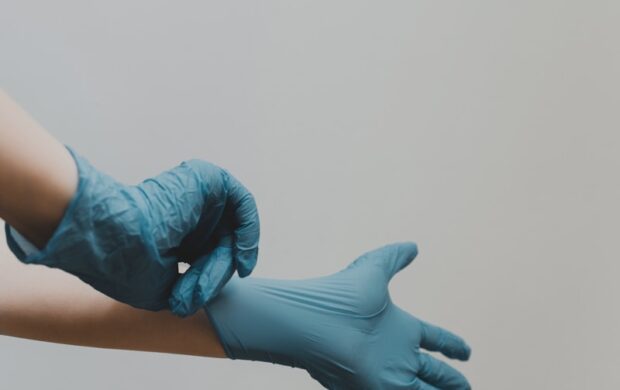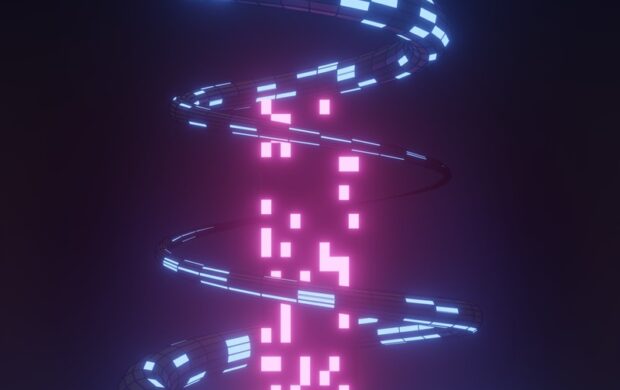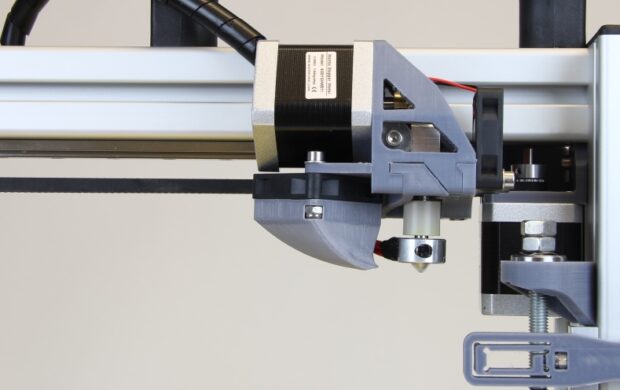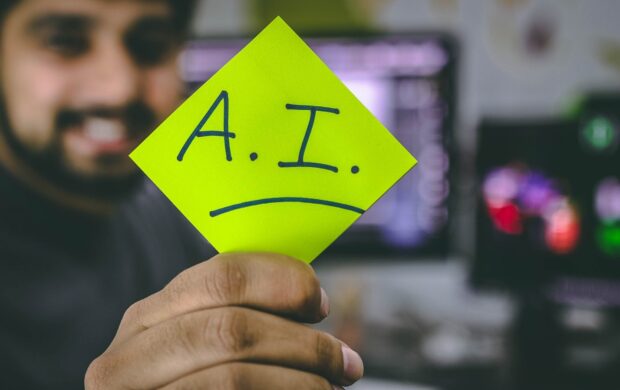One of the benefits of the pandemic is the advances in synthetic messenger RNA (mRNA) biotechnology. Multiple good COVID-19 vaccines were developed within one year – one of the fastest rates of vaccine creation.

So what?
The rapid speed of development set a precedent for advances in vaccine creation as well as vaccine trials. The mRNA technology on which several vaccines are based, is a huge scientific breakthrough. We are now able to code for vaccines on a computer, develop a vaccine, and then essentially recode our own cells with a new set of instructions. mRNA vaccines remove a lot of the risk and imprecision associated with traditional vaccines.
Due to this breakthrough we may have vaccines for diseases like Malaria which have been notoriously hard to vaccinate against. Synthetic mRNA might also be able to effectively treat cancer. How might rapid vaccine development and deployment change the way we view disease? If vaccines become cheap and easy to create, how might health systems shift?
















Join discussion